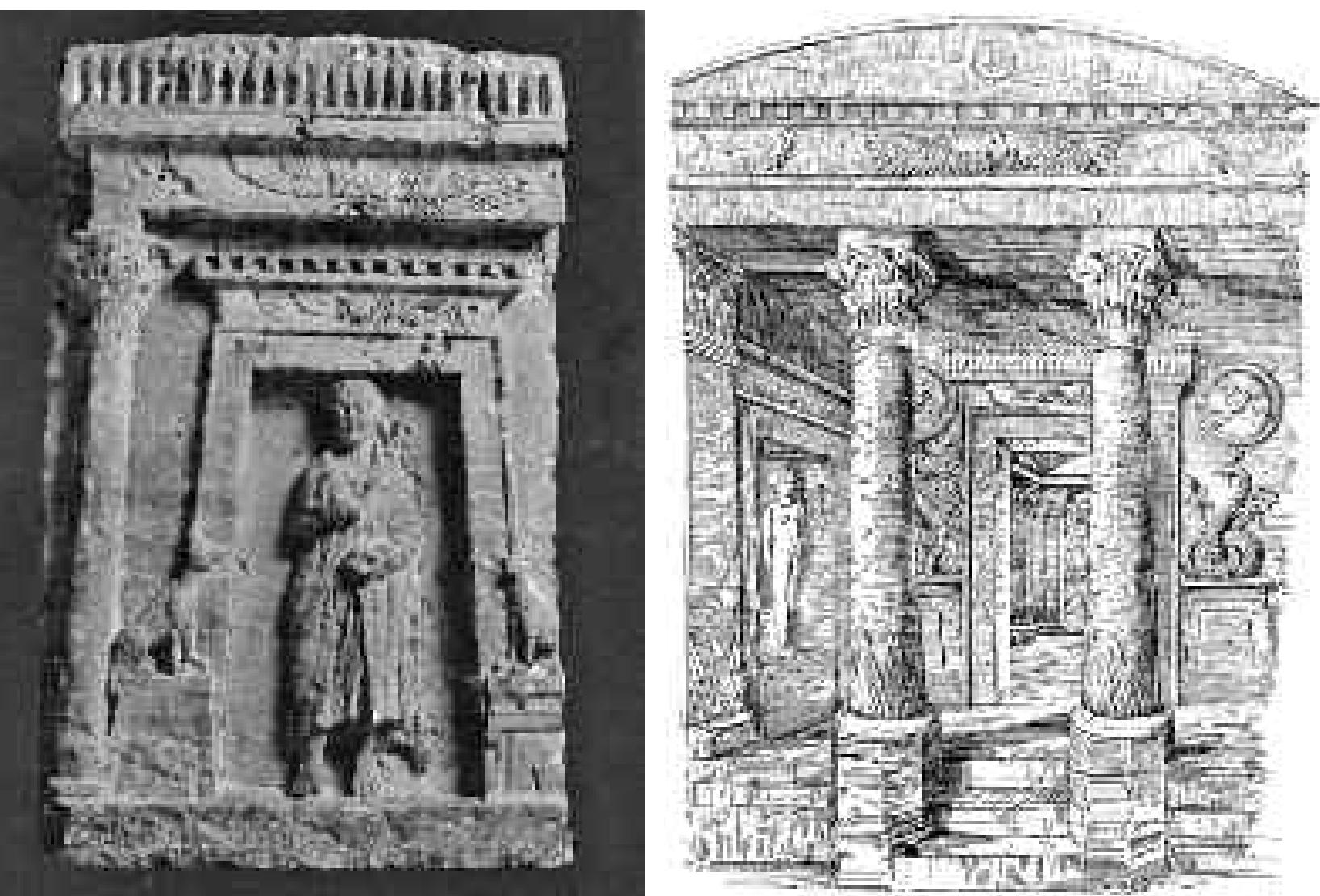Hypatia of Alexandria, who lived from approximately 360 to 415 CE, is recognized as one of the most extraordinary individuals in the annals of ancient intellectualism. A distinguished mathematician and philosopher, she was instrumental in safeguarding, interpreting, and furthering mathematical concepts during the era of late antiquity. Her accomplishments extend beyond mere biographical interest; they signify crucial contributions to the development of mathematics amidst a period of profound societal, religious, and political upheaval.
Historical Context and Intellectual Environment
Understanding Hypatia’s impact necessitates placing her within the scholarly dynamism of Alexandria, a celebrated hub of knowledge and the site of the fabled Library of Alexandria. Being the offspring of Theon, an esteemed mathematician and philosopher, Hypatia was introduced to academic endeavors early in life. Theon’s writings, coupled with the academic environment, offered her both the chance and the motivation to delve into and advance fundamental mathematical texts.
At this crossroads of Greek, Roman, Egyptian, and burgeoning Christian cultures, intellectual inquiry was at risk of succumbing to ideological conflicts. Hypatia, however, managed to not only thrive but also lead a Neoplatonic school of philosophy, earning admiration from contemporaries for her eloquence, knowledge, and commitment to rational debate.
Commentaries as Mathematical Preservation and Innovation
One of Hypatia’s foremost contributions to mathematics was her authorship of detailed commentaries on mathematical classics—an act vital for both preservation and progressive understanding. While original mathematical creation in Alexandria’s late period was constrained, producing commentaries often entailed clarifying and extending misunderstood or condensed parts of earlier works.
Insights into Diophantus’s Arithmetica: Diophantus’s Arithmetica comprises a series of mathematical challenges that established the foundations of algebraic reasoning. Hypatia’s interpretive notes, despite being no longer extant, were cited by subsequent authors like her pupil Synesius. Contemporary historians surmise that she offered crucial clarifications for intricate algebraic formulas and symbolic representations, thereby probably enhancing the comprehensibility of Diophantus’s writings. Her endeavors were instrumental in the preservation and dissemination of algebraic understanding to subsequent Islamic and European academics.
Commentaries on Apollonius’s Conics: Apollonius of Perga’s treatise on conic sections—a study of curves created by intersecting a plane with a cone—was paramount for geometry’s development. Hypatia is credited, alongside her father, with editing and commenting on at least some of the volumes. She clarified concepts of ellipses, parabolas, and hyperbolas, offering explanations that would be influential for subsequent astronomical and mathematical advances during the Islamic Golden Age and beyond.
Editing Euclid’s Elements: Euclid’s Elements remained the foundational text for geometry throughout antiquity and into the modern era. Theon is known to have produced a revised edition of the Elements, and significant scholarly consensus holds that Hypatia collaborated closely with him, possibly editing and refining existing commentaries. These revisions helped standardize geometric proofs and axioms, making the study of mathematics more rigorous and accessible.
Instructional Innovations: Hypatia as a Teacher
Beyond her personal literary contributions, Hypatia’s impact was profoundly felt through her capacity as an instructor. She presided over a Neoplatonic academy situated in Alexandria, drawing in pupils from all corners of the Mediterranean region, among them individuals who would become prominent scientists, thinkers, and governmental figures. Her pedagogical approach seamlessly integrated stringent mathematical reasoning with Platonic philosophical exploration—a fusion that served as a wellspring of inspiration for numerous generations.
By merging mathematical principles with philosophical concepts, Hypatia conveyed that both veracity and moral excellence were attainable via logical discussion and meticulous computation. She championed lucid articulation, critical reasoning, and hands-on illustration. Correspondence from her pupil Synesius indicates that Hypatia utilized astrolabes and hydroscopes—mathematical devices she might have refined or even conceived herself—as pedagogical aids for celestial mechanics and fluid dynamics. These tangible uses underscored a progressive outlook for mathematics, viewing it as both an abstract discipline and a utilitarian implement.
Legacy and Transmission of Mathematical Knowledge
Hypatia’s life and work became entwined with the cultural currents that shaped the fate of classical learning. Her tragic death at the hands of a Christian mob is often cited as a symbolic episode in the decline of pagan intellectualism. Yet, the mathematical culture she influenced endured far beyond her lifetime.
Much of what is known about ancient mathematics comes from the manuscripts and commentaries refashioned in Alexandria under her and Theon’s guidance. Elements of her work directly informed mathematical advances in the Islamic world; for instance, the Arabic translation tradition repeatedly cites the edited versions of Euclid and Apollonius disseminated from her school. When European scholars rediscovered Greek mathematical texts in the Middle Ages, they encountered them transmitted, in part, through the curriculum Hypatia safeguarded.
The mathematical heritage of Hypatia of Alexandria extends beyond mere computation or theoretical proofs, residing instead at the nexus of conservation, interpretation, and instruction. Her analytical writings illuminated seminal texts, her involvement in editorial processes guaranteed precision and dissemination, and her pedagogical methods shaped successive cohorts of intellectuals who wove mathematics into wider philosophical and scientific discussions. Through these multifaceted contributions, Hypatia holds a unique standing as both a guardian and a pioneer of mathematical understanding, her impact echoing across ages of investigation and revelation.

